It’s been decades since the spaceship Bebop first launched onto our screens, introducing us to a ragtag team of bounty hunters journeying across the cosmos. Cowboy Bebop, the brainchild of director Shinichirō Watanabe, is a cult classic that has influenced an entire generation with its innovative blend of genre-bending story, complex characters, and wildly varied musical scores.
Cowboy Bebop is, at its heart, a space Western, a mashup of the science fiction and Western genres. However, the picture does not stay inside these genre confines and instead seamlessly combines film noir, action, and comedy. The show’s jazz-heavy soundtrack, written by the legendary Yoko Kanno, has become as recognizable as its visual aesthetic.
The show also captivates fans with its compelling aesthetic, exhilarating space duels, and investigation of the human condition, all conveyed in a way that is as cool as its bounty hunters. So, if you’re looking for more stories about unusual alliances, epic conflicts, and characters who get under your skin to fill the Cowboy Bebop-shaped void in your life, these top 15 anime shows should do the trick.
Carole & Tuesday
Carole & Tuesday is a heartfelt anime series that centers on the lives of two young musicians, Carole and Tuesday, who are trying to make it big in the music industry on a colonized Mars. Their journey is filled with challenges and triumphs, and the series beautifully captures the essence of pursuing one’s passion against all odds. The Studio Bones anime first aired in April 2019, and quickly gained attention for its relatable characters and enchanting music.
It’s directed by Shinichirō Watanabe, whose touch is evident in the show’s attention to detail and its blend of genres. This alone sets a high bar for a stylistic flair. One of the standout aspects of Carole & Tuesday is its exploration of human expression in a future where AI has become a dominant force in the music industry. The series raises questions about the value of authentic, emotionally-driven art in a world where algorithms have largely replaced human creativity.
Psycho-Pass
Psycho-Pass offers a gripping foray into a future where the lines between freedom and surveillance blur. In this world, law enforcement measures the mental states of citizens to determine their threat level to society. At the heart of the story is Akane, a young and idealistic Inspector who trusts in the system’s judgment, paired with seasoned Enforcers, individuals who, burdened with high Psycho-Pass readings themselves, are tasked to do the system’s bidding.
Together, they confront not only the criminals of a tightly controlled society, but also the moral complexities of the very system they serve. The characters in the series are multi-dimensional, much like Cowboy Bebop, with flaws and growth arcs. Additionally, the action sequences are top-notch. So, crossing the bridge between Cowboy Bebop and Psycho-Pass could be a rewarding experience.
Death Parade
Death Parade is an exploration of the human psyche set against the unnerving backdrop of the afterlife’s judgment. The show, which stretches the boundaries of traditional anime stories, is centered around Quindecim, a bar where the recently deceased are invited to play a game that will seal their eternal fate. The bartender, Decim, is the arbiter of this high-stakes contest.
Not just a series of trials, Death Parade intricately examines the moral fiber of its characters through these games, which are tailored to tease out the truth of a person’s character. When you dive into the show, Death Parade and Cowboy Bebop start to feel like two sides of the same deeply human coin. They’re both bold and unafraid to stare into the abyss – and that’s exactly what makes them so damn compelling.
Great Pretender
Great Pretender is a colorful and cunningly created anime that plunges you into the high-stakes world of international con artists. The globe-trotting adventure anime follows the escapades of Makoto Edamura, a small-time con man from Japan who considers himself the country’s greatest swindler, only to be outdone by the charismatic Laurent Thierry. This encounter pushes Edamura into a world of crime on a scale far grander than anything he’s experienced before.
The narrative style of Great Pretender is reminiscent of classic caper films where the thrill of the chase and the complexity of the con are at the forefront. The soundtrack is another high point, featuring a selection of jazz-inspired tunes that perfectly complement the show’s stylish aesthetic. It’s smooth, lively, and as full of personality as the characters themselves. Aesthetic and thematic elements of Great Pretender and Cowboy Bebop draw these anime together. Both have a certain stylishness and cool factor that complements their mood and pacing.
Cyberpunk: Edgerunners
Cyberpunk: Edgerunners is a dynamic anime series that dives into the gritty and neon-drenched world of Night City, a setting familiar to fans of the video game Cyberpunk 2077. Developed by Studio Trigger in collaboration with CD Projekt Red, the series is a standalone story that offers a fresh narrative that appeals to both fans of the game and newcomers.
The anime is lauded for its kinetic animation style and detailed world-building, which capture the essence of the Cyberpunk aesthetic. Studio Trigger’s signature animation style brings an explosive energy to the action sequences, while the atmospheric lighting breathes life into the cybernetic dystopia. While Cowboy Bebop isn’t strictly cyberpunk, it does have elements common to the genre – megacorporations, cybernetic enhancements, and a gritty noir aesthetic view of the future – similar to those found in Cyberpunk: Edgerunners.
Samurai Champloo
Just as Shinichirō Watanabe’s Cowboy Bebop successfully merged jazz aesthetics with a space western, so does his other show, Samurai Champloo, which fuses Edo-era Japan with hip-hop culture to create its unique flavor. Samurai Champloo is about an unlikely trio: Mugen, a rogue samurai with an unorthodox fighting technique; Jin, a calm ronin who lives by the samurai code; and Fuu, a youthful and feisty waitress.
After a chance meeting, Fuu convinces the two warriors to help her on a deeply personal mission: To track down the samurai with the scent of sunflowers. From here, they embark on an episodic voyage across Edo-era Japan, full of action, adventure, and eccentric individuals. The historical backdrop and narration in Samurai Champloo are both innovative. Its soundtrack by Nujabes, the late hip-hop musician, is just one of the many unconventional touches that elevate this story above the norm.
Outlaw Star
Both Outlaw Star and Cowboy Bebop debuted in 1998 and are part of the same genre — space Westerns—despite their different stories and characters. Both shows center on a group of space travelers trying to make a livelihood in a galaxy rife with pirates, bounty hunters, and outlaws.
Bounty hunter Spike Spiegel and the Bebop crew are at the focus of Cowboy Bebop, while Gene Starwind, Jim Hawking, and an eclectic group of characters pilot the Outlaw Star in Outlaw Star. The crew of the Outlaw Star is on a mission to discover the legendary “Galactic Leyline,” which is said to be home to incalculable riches and insights. Space pirates, mercenaries, and law enforcement all pose threats to them during their voyage, creating a constant undercurrent of suspense throughout the show.
Trigun
Trigun, another Japanese animation series from 1998, also pioneered the Western space genre. Its combination of post-apocalyptic imagery and Western storytelling tropes makes for a visually striking backdrop for a funny and touching story. Gunslinger Vash the Stampede, who has a sixty billion double-dollar reward on his head, is the protagonist of this tale. Despite his intimidating reputation, Vash is a pacifist with a cheerful temperament who frequently finds himself in absurd situations.
He seems to attract devastating problems, which is why he is also known as the “Humanoid Typhoon.” The Trigun universe is bleak and barren, resembling a dystopian Wild West full of outlaws, bounty hunters, and bandits, much like Cowboy Bebop‘s world. The series also includes science fiction themes like futuristic gadgets and extraterrestrial life forms, creating an intriguing world that fuses the ancient with the new.
Space Dandy
Space Dandy is the next show you should check out if you enjoyed Cowboy Bebop for its galactic antics. The anime series is another masterpiece from Cowboy Bebop and Samurai Champloo creator Shinichirō Watanabe, and it debuted in 2014 in Japan and the United States. Unlike Watanabe’s previous works, Space Dandy leans heavily into comedy and whimsy, resulting in a thoroughly entertaining and unpredictable ride.
Dandy, the show’s lead character, is an alien hunter with a penchant for sleek pompadours and voluptuous women who travels the galaxy searching for rare alien species to catalog. QT, his robotic assistant, and Meow, an alien with catlike features, travel with him on the Aloha Oe. Each Space Dandy episode introduces a new planet or adventure, leading to various storytelling styles and visual palettes. Like the rest of Watanabe’s canon, music is crucial in Space Dandy. The series features multiple musical styles, from jazz and pop to techno, rock, and even disco.
Ghost in the Shell: Stand Alone Complex
Ghost in the Shell: Stand Alone Complex‘s dense cyberpunk universe offers complicated storytelling and fantastic action sequences. It, too, presents a thought-provoking reflection on humanity and existence, much like Cowboy Bebop. The series is an offshoot of the original Ghost in the Shell movie and is based on the manga by Masamune Shirow; it provides a new take on the story while staying true to the spirit of the original.
The series follows Major Motoko Kusanagi and her colleagues at Public Security Section 9 as they investigate high-stakes cybercrimes and political corruption in a world where cybernetic enhancements and artificial intelligence are commonplace. Each standalone episode focuses on a different case and highlights the team’s investigation techniques, strategic prowess, and cutting-edge equipment. In contrast, the complex episodes focus on a larger storyline revolving around a shadowy hacker known only as “the Laughing Man.” This dual structure gives the show its distinctive rhythm.
Psycho-Pass
This dystopian crime thriller dives deep into the ethical implications of pre-emptive justice. Fans of Cowboy Bebop who appreciate the show’s more in-depth philosophical talks will understand Psycho-Pass‘s subtle character development and examination of the gray area between good and evil. Psycho-Pass, set in the 22nd century, introduces the Sibyl System, a sophisticated network that scans citizens’ “Psycho-Pass” – a gauge of their mental condition, personality, and the likelihood of committing crimes.
Inspectors and their subordinate Enforcers, who are themselves latent criminals with high crime coefficients, seek, capture, or eliminate anyone whose crime coefficients are above a set threshold. The narrative focuses primarily on two characters: rookie Inspector Akane Tsunemori and Enforcer Shinya Kogami. Their connection is the show’s emotional backbone, illuminating the grey areas and contrasting behaviors of the system’s rule-followers and rule-breakers. Critics have praised Psycho-Pass for its in-depth consideration of philosophical and ethical issues.
Black Lagoon
Black Lagoon‘s world is filled with mercenaries, criminal organizations, and all sorts of morally ambiguous characters. The show centers on Japanese businessman Rokuro Okajima, kidnapped by mercenaries from the Lagoon Company during a trip abroad for work. Following his decision to join his captors, Rokuro (now known as “Rock”) must navigate the dangerous seas of Roanapur, a lawless metropolis in Southeast Asia that is a hub for criminals from different parts of the world.
The intimidating yet charming Dutch, the technologically skilled Benny, and the lethal Revy make up the Lagoon Company, which transports commodities and occasionally disputes with other criminal organizations as they carry out their many tasks and assignments. The thrills and spills of Black Lagoon are incredible to watch. Whether it’s a high-speed boat chase or a shootout in the streets, the series consistently produces exciting scenes with you on the edge of your seat.
Baccano
Baccano is a non-linear series that dances across time, features an ensemble cast of colorful characters, and blends genres ranging from crime and thriller to fantasy and the supernatural, all based on the light novel series by Ryohgo Narita. The series primarily takes place in America during the Prohibition era, but it also features stories from the early 1700s through the 1930s that all tie together. The consequences of an alchemical experiment aboard The Flying Pussyfoot, a transcontinental train, are central to the plot.
The recipients of this experiment get immortality, with unpredictable, frequently violent, and chaotic results. The show features a large ensemble cast, each one of which has its own unique role and plot arc, rather than centering on a single protagonist or group. All sorts of people get swept up in the series’ maelstrom of events, from mobsters and thieves to alchemists and regular folks. Despite the seeming disarray, the storylines eventually form a complex web of related episodes.
Neon Genesis Evangelion
Neon Genesis Evangelion, first aired in Japan in 1995, is a groundbreaking anime that has left an indelible mark on the landscape of the medium. Created by Hideaki Anno and produced by Gainax, the series follows 14-year-old Shinji Ikari as he is recruited by his estranged father to operate a massive bio-machine known as an Evangelion to fight mysterious aliens known only as Angels.
Against rising global strife and intrigue, Shinji and his fellow pilots, Rei Ayanami and Asuka Langley Soryu, struggle with their responsibilities’ physical and psychological toll. A hallmark of Neon Genesis Evangelion is the psychological depth it explores. Each character has genuine concerns, insecurities, and past traumas. With exceptional empathy and depth, the show digs inside their psyches, probing issues like despair, isolation, and existential dread.
Michiko & Hatchin
One of the best things about Michiko & Hatchin is how it breaks away from the typical anime setting and stereotypes. This 22-episode series is a thrilling road-trip adventure set against the colorful South American backdrop, depicting the story of self-discovery, freedom, and the unconventional friendship between two distinctive female characters. The show follows Hana Morenos, a young girl living with an abusive foster family, and free-spirited prison escapee Michiko Malandro.
Michiko claims to know Hana’s absentee father and kidnaps her, setting in motion a whirlwind adventure across the fictional country of Diamandra. Together, they face various obstacles and shape each other’s experiences along the way, providing chuckles, tension, and touching moments. The location is a critical element that sets Michiko & Hatchin apart. Diamandra’s vibrant cityscapes, rural communities, lush jungles, and barren deserts are all inspired by Brazil and other South American cultures. This original backdrop adds realism to the story and gives the show its distinct feel.

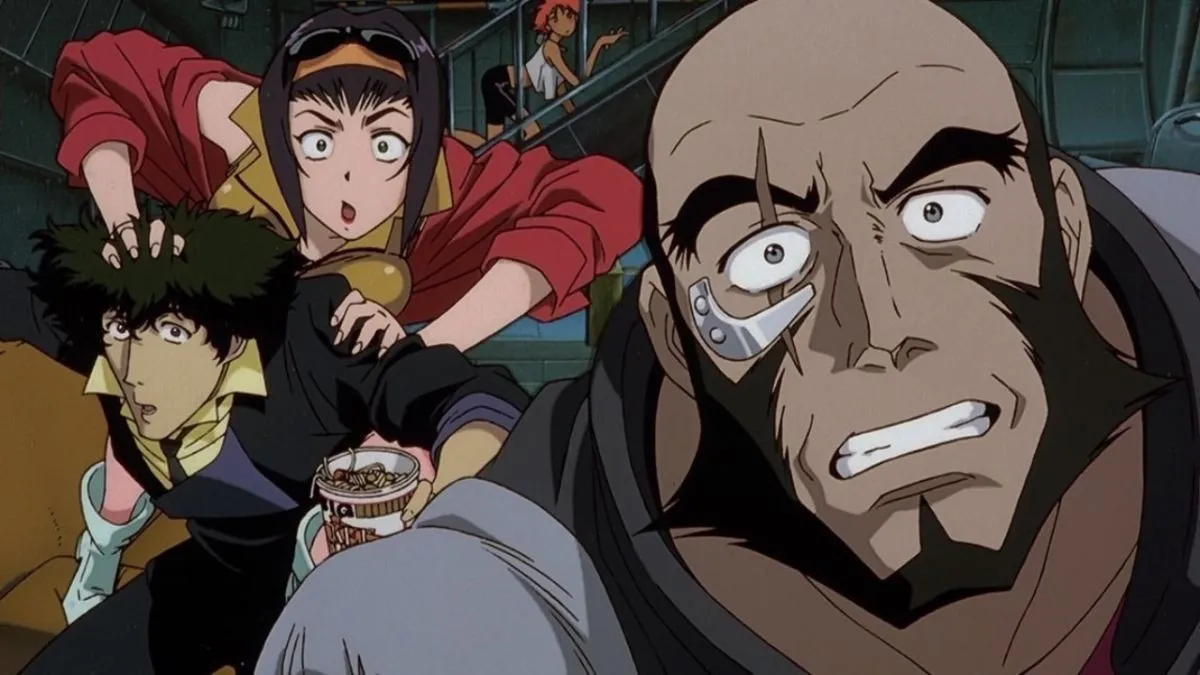
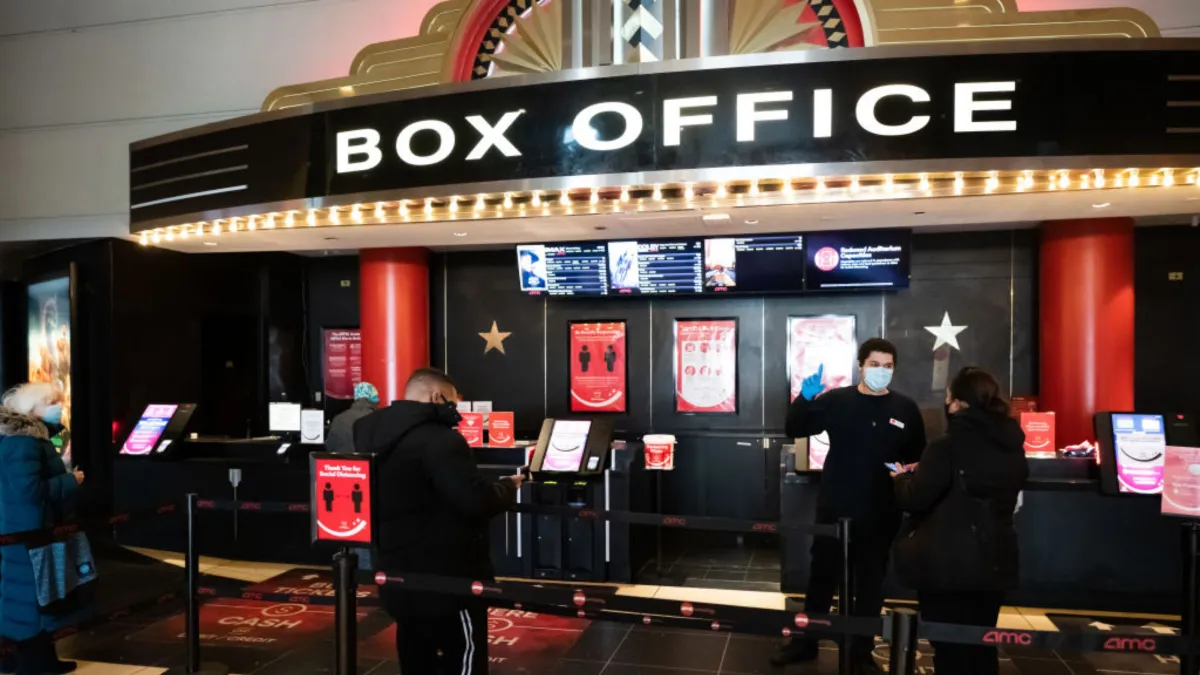
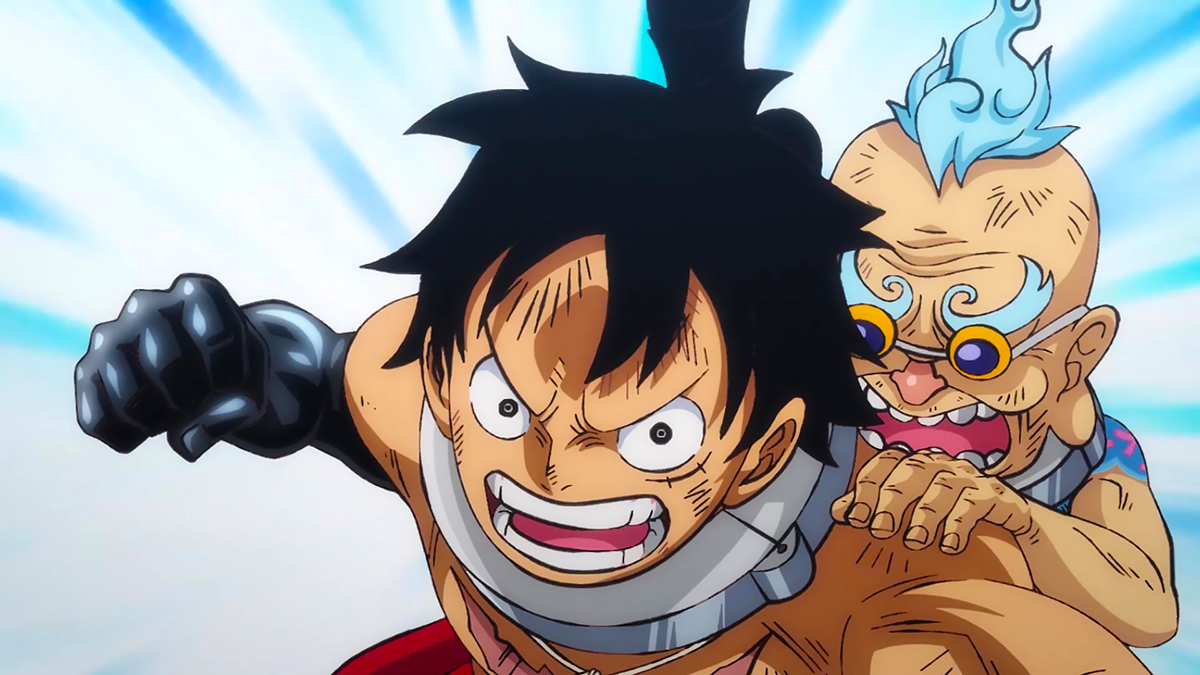
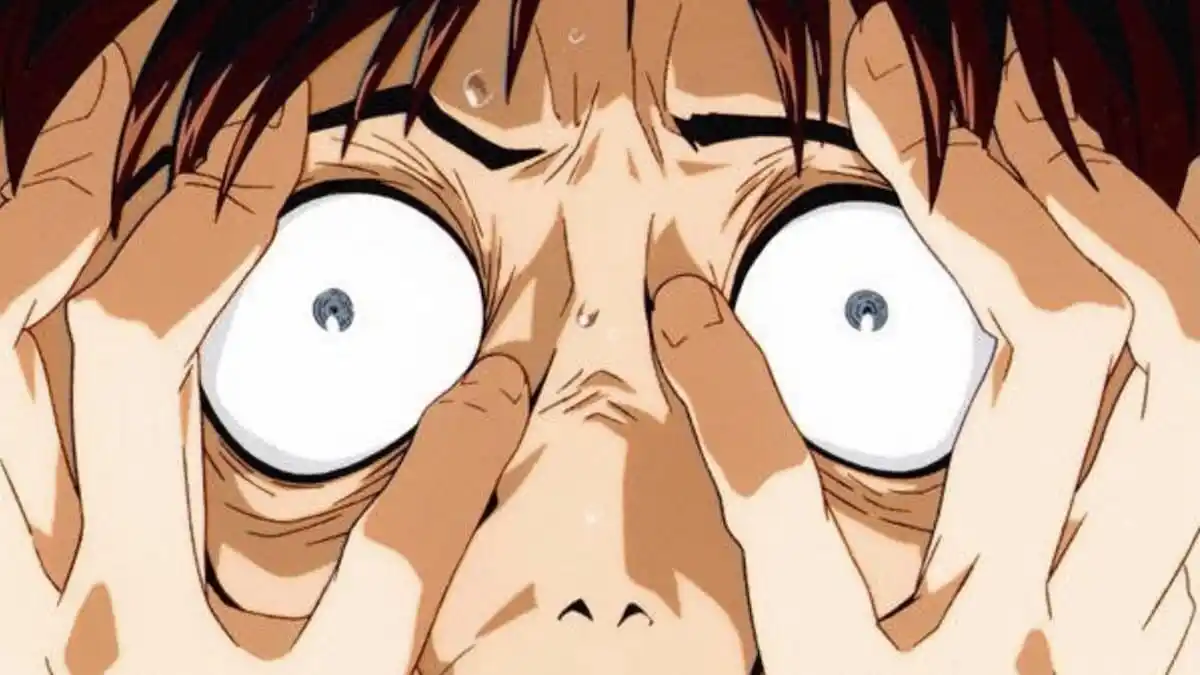
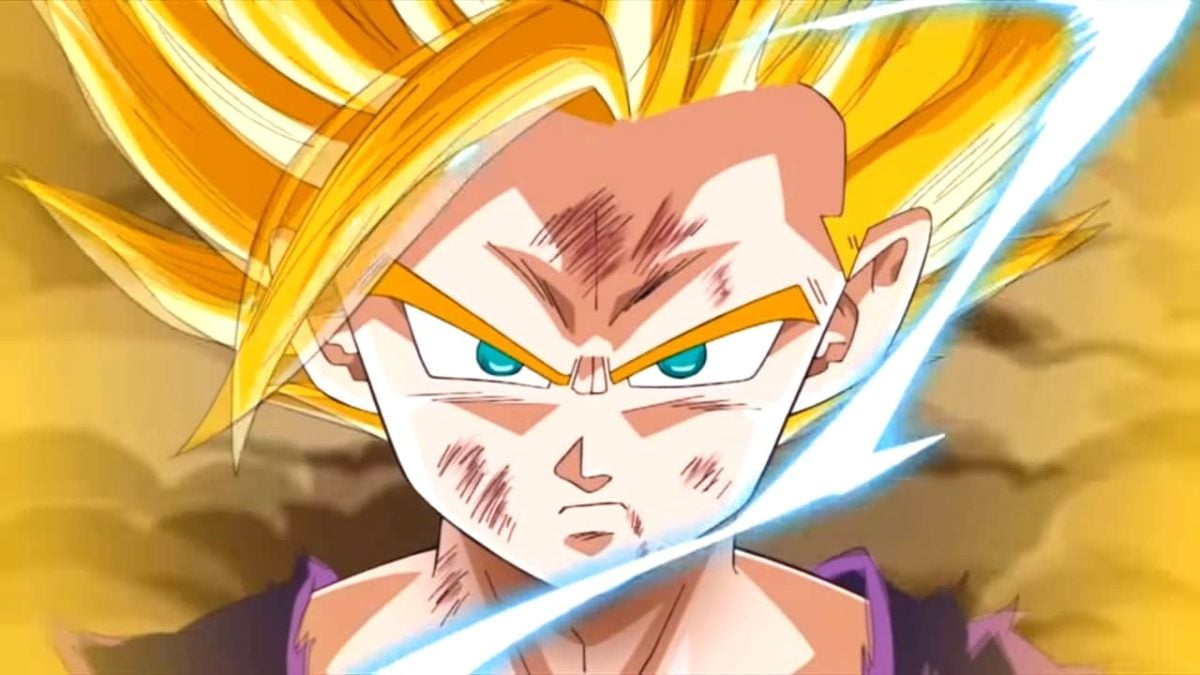
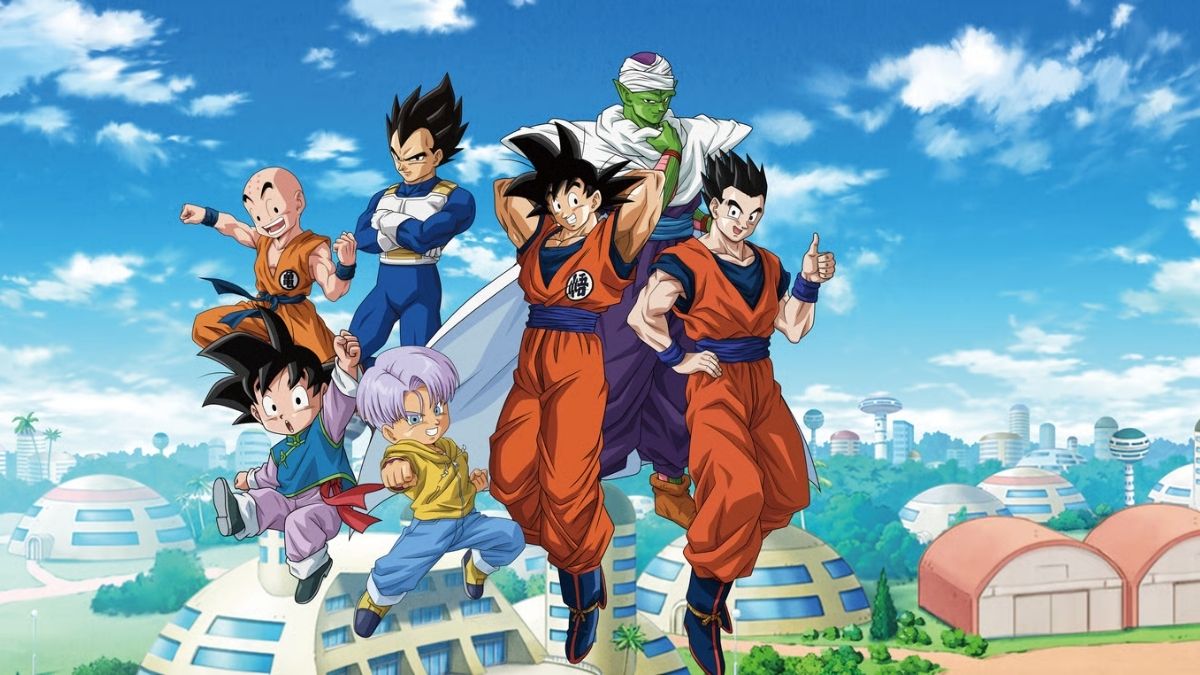
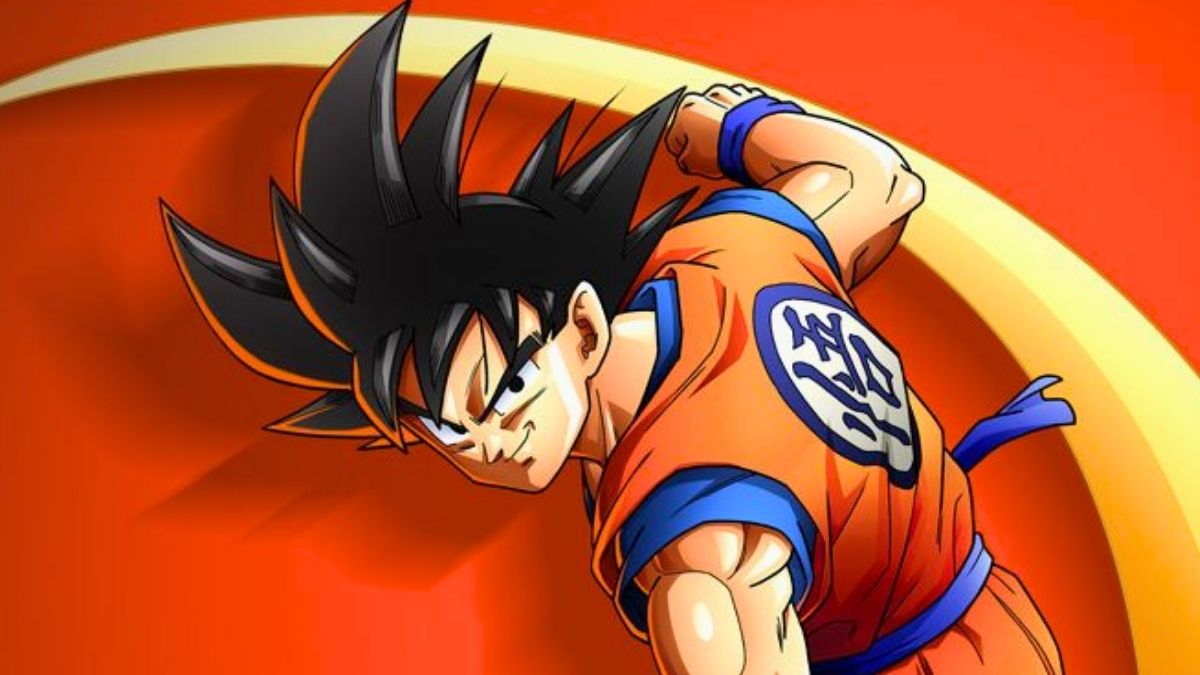
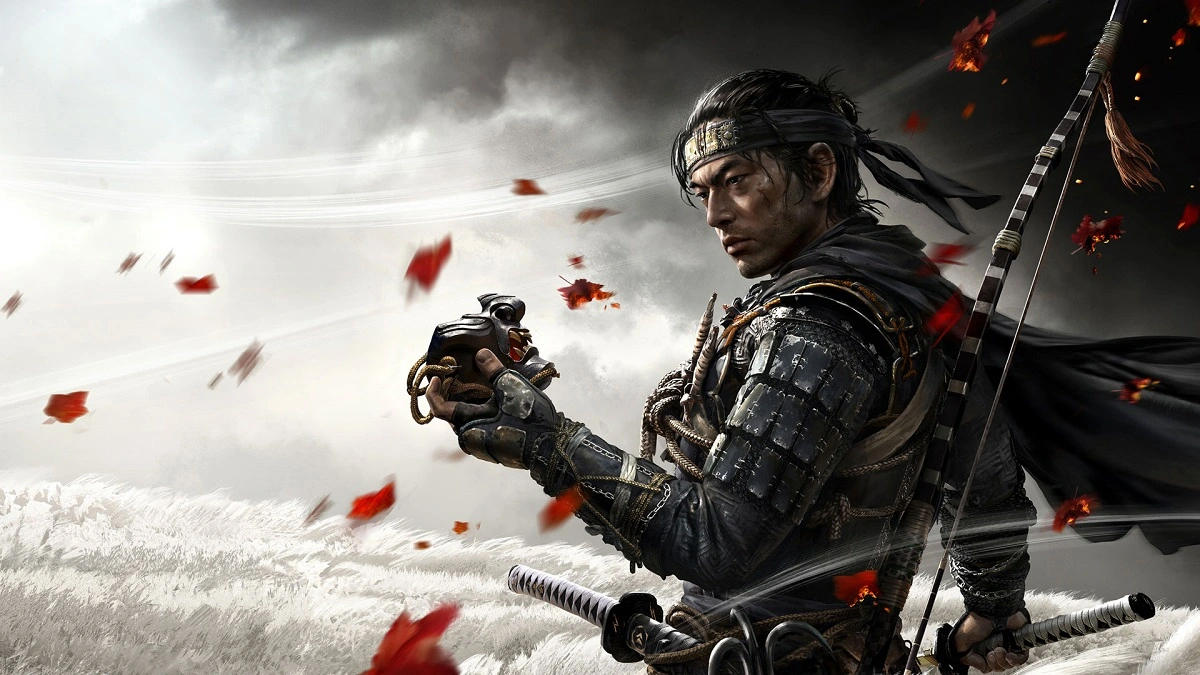
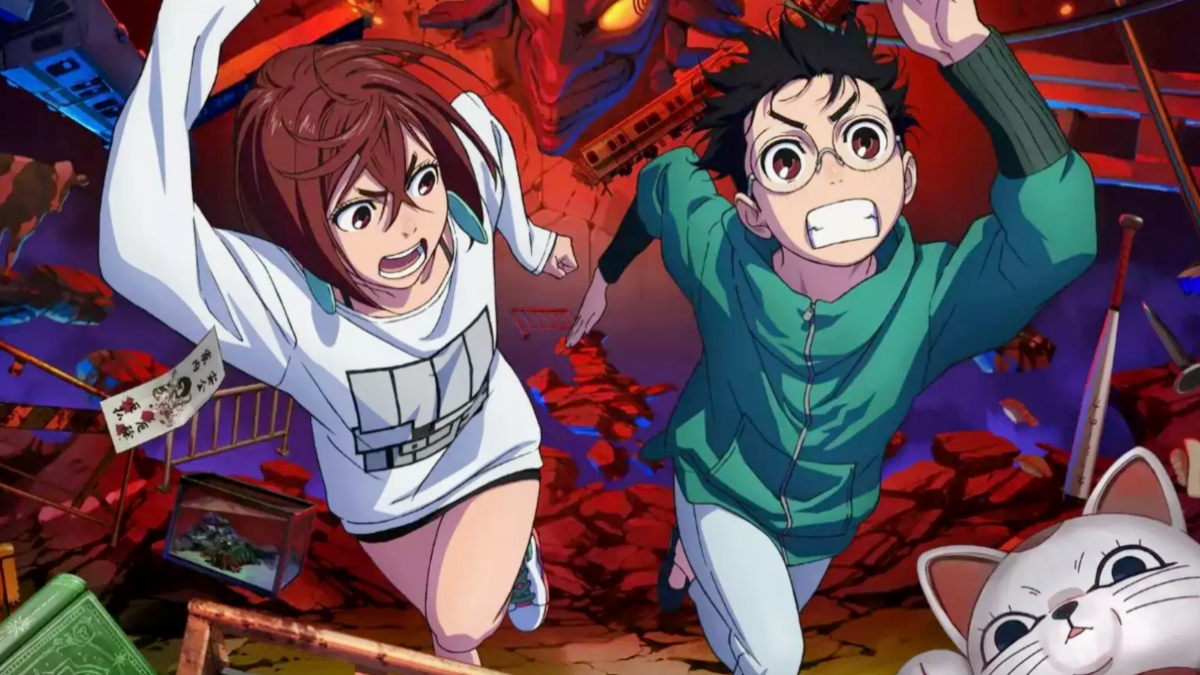


Published: Mar 29, 2024 11:16 am